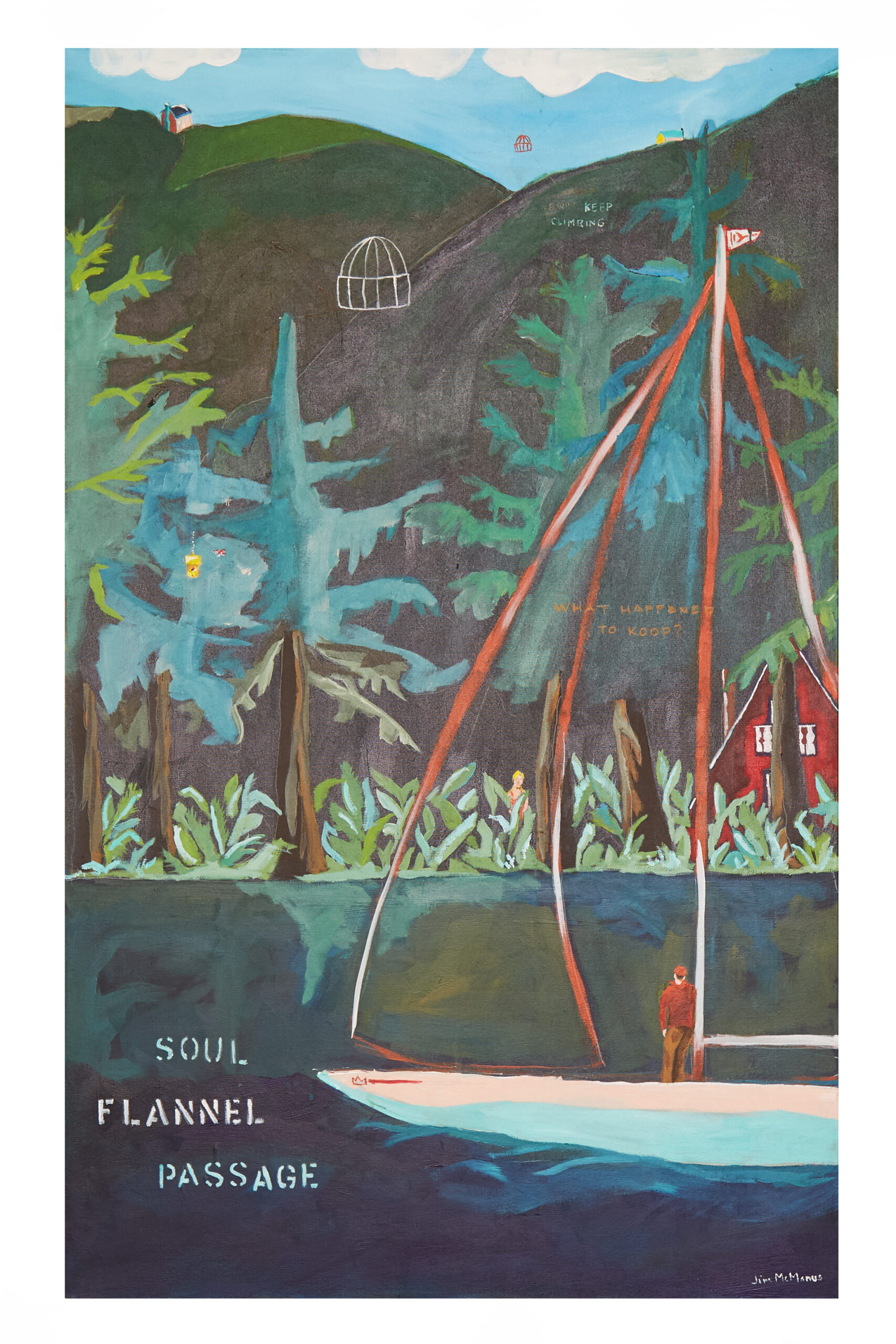The Bahá’í Faith, a relatively recent religious movement, emphasizes the spiritual and material dimensions of life. At its core lies a profound exploration of the nature of the soul and its journey, particularly at the intersection between this life and the next. In this discourse, we delve into the Bahá’í teachings regarding the passage of the soul—a thematic exploration filled with spiritual insights and aspirational guidelines for adherents and seekers alike. This examination will unfold across several key segments, each addressing different aspects of the Bahá’í perspective on life, death, and the afterlife.
The Nature of the Soul
Central to Bahá’í belief is the understanding of the soul as an immortal essence. The soul is perceived as the true self, transcending the corporeal existence. In this framework, the soul’s innate qualities—attributes of love, compassion, and wisdom—are paramount. Bahá’ís assert that the soul continues to evolve after physical death, akin to an ever-burgeoning tree seeking light. This concept proffers a hopeful outlook on existence, inviting individuals to engage in personal growth and spiritual enrichment throughout their earthly lives.
The Purpose of Life
Life, from the Bahá’í perspective, is a valuable opportunity for the development of the soul. Each moment serves as a platform for exercising virtues that foster spiritual elevation. This framework posits that the purpose of earthly existence transcends mere survival or pleasure; it embodies a profound mission of cultivating noble character traits and engaging in service to humanity. Bahá’í teachings encourage adherents to view challenges as opportunities for spiritual ascendance, a means to prepare for the next stage of existence.
The Transition of Death
In Bahá’í doctrine, death is not regarded as an end but as a graduated transition from the physical realm to the spiritual one. It is perceived as a gateway to a new, expansive reality. The teachings articulate that the soul, upon the moment of death, sheds its earthly links and enters the next phase of its expansive journey. This transition is imbued with hope, characterized by a reunion with the divine presence and an immersion in higher realms of existence.
The Afterlife: A Continuum of Existence
After death, one’s soul embarks on its voyage through the afterlife, a continuum replete with opportunities for further development and enlightenment. The Bahá’í understanding presents a progressive and evolutionary view of the afterlife, where souls reside in various planes of existence, contingent upon their earthly achievements and the virtues cultivated during their lifetime. The degree of proximity to the Divine is directly linked to the quality of one’s actions and intentions during their temporal sojourn. This encourages a lifelong commitment to moral and ethical living, as one’s spiritual state in the afterlife is a reflection of earthly endeavor.
The Importance of Deeds
In the Bahá’í Faith, deeds possess intrinsic and extrinsic significance. Every action is a manifestation of one’s spiritual intentions and holds the potential to resonate through the corridors of time. The teachings compel individuals to lead lives of service, contributing positively to the world and nurturing community bonds. Such contributions are deemed vital for the advancement of civilization and the betterment of the human condition. This ideology amplifies the notion that the ultimate measure of a soul’s journey is not only its success in personal spiritual realms but also its impact on humanity as a collective.
The Role of Faith and Community
The journey of the soul is not undertaken in isolation; it is intrinsically linked to community. Bahá’í teachings emphasize unity and fellowship, advocating for collective responsibility within the framework of spiritual progress. The community serves as a crucible for fostering virtues, providing support, and nurturing spiritual growth. Through personal and communal prayer, reflection, and consultation, Bahá’ís are encouraged to cultivate deep connections and promote a spirit of oneness, a foundational tenet of their Faith.
Preparation for the Afterlife
The process of preparing for the afterlife commences in the present. Bahá’í teachings underscore the importance of spiritual preparedness, rooted in the cultivation of virtues and good character. Regular acts of service, dedication to learning, and commitment to ethical principles are all viewed as fundamental practices that enrich the soul. Through prayer and meditation, individuals are encouraged to strengthen their relationship with the Divine, thus enhancing their readiness for the eventual transition to the next world.
The Final Reckoning
Bahá’í teachings also assert the concept known as the ‘Final Reckoning,’ an evaluation of one’s earthly life by the soul itself. This introspection occurs beyond the veil of death, allowing individuals to reflect on their actions and their alignment with divine will. Rather than an external judgment, this self-assessment fosters a sense of responsibility and accountability, propelling souls toward greater awareness and understanding of their impact in both this life and the next.
Conclusion: Embracing the Journey
The Bahá’í perspective on the passage of the soul offers profound insights into the nature of life, death, and the afterlife. It cultivates a sense of purpose that transcends the material, encouraging individuals to engage in a lifelong quest for spiritual growth. By understanding the soul’s journey and its implications, adherents are invited to embrace life with a renewed sense of responsibility, compassion, and commitment to the betterment of humanity. This doctrine of interconnectedness and spiritual evolution highlights that every moment carries significance, urging individuals to realize their full potential both in this world and the worlds beyond.
